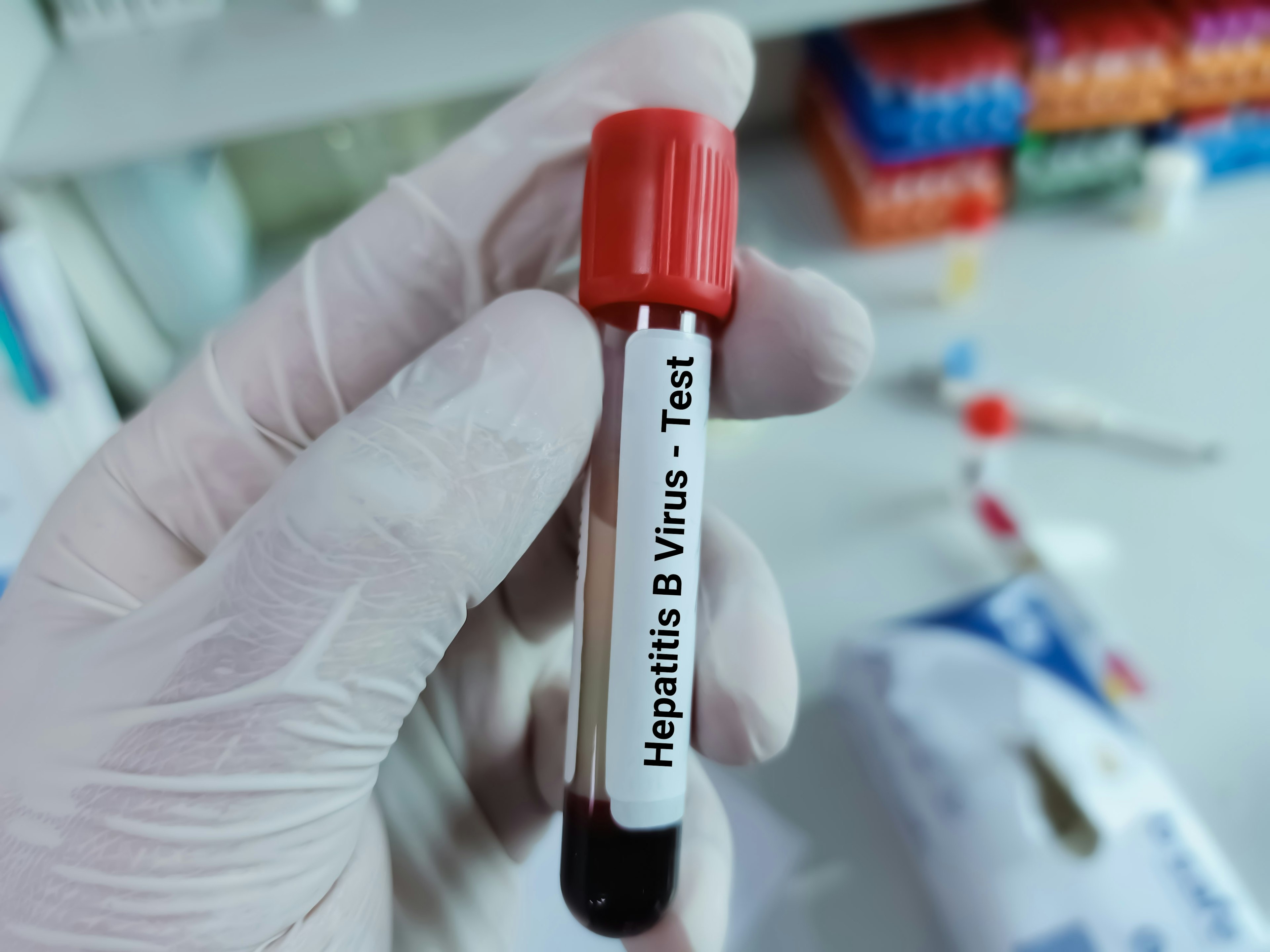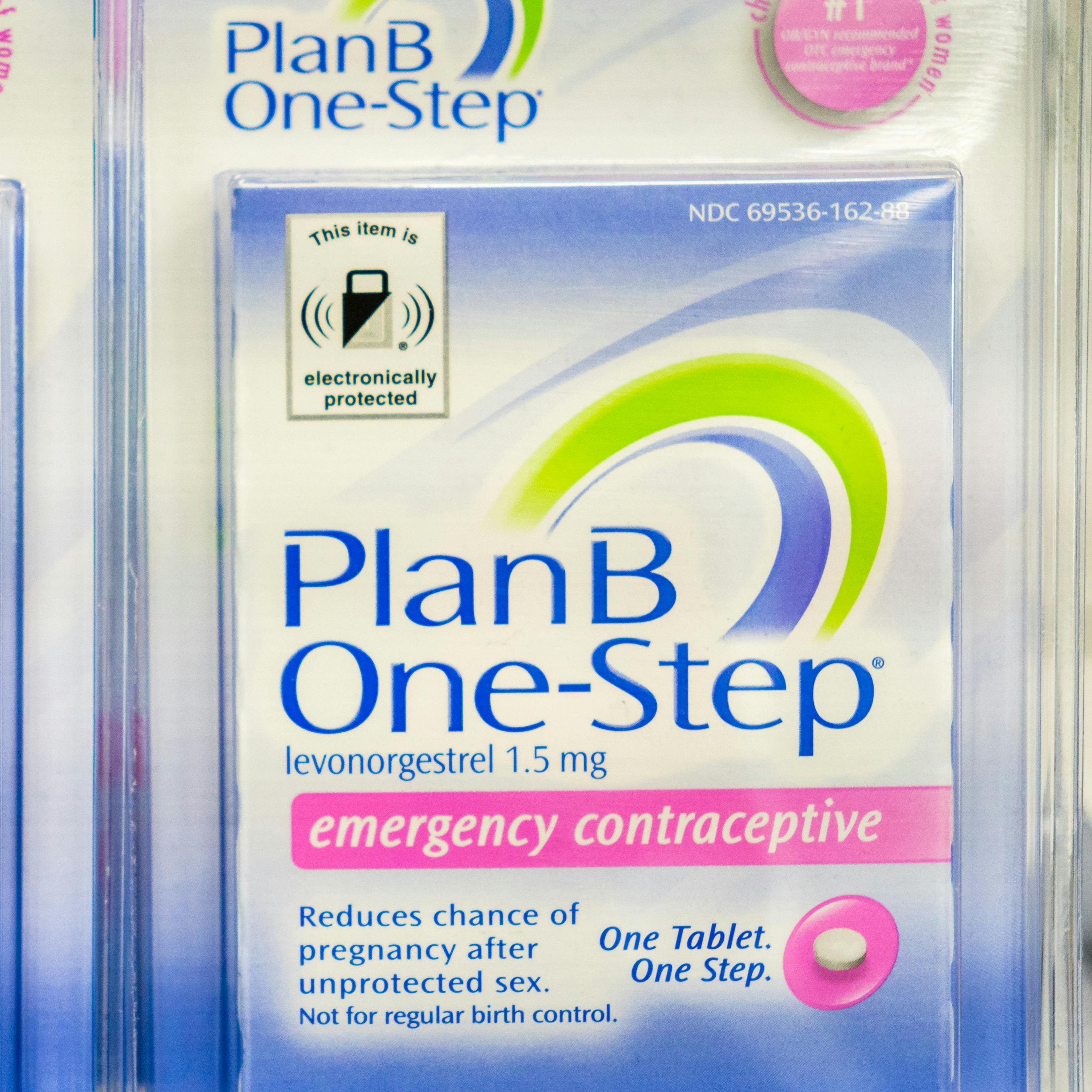Over 2.4 million sexually transmitted infections (STIs) are reported in the United States each year. Sexually transmitted diseases (STDs) are common, and many don’t cause noticeable symptoms.
That’s why regular STD testing is a key part of protecting your sexual health and preventing the spread of infection to others. But how often should you get tested?
The answer depends on various factors, including your age, sexual activity, and risk factors.
Why Is Regular STD Testing Important
When you are sexually active, routine STD tests are recommended, as leaving STDs unaddressed has the potential to lead to severe health complications.
For example, infections like chlamydia and gonorrhea can cause infertility, while untreated syphilis can lead to organ damage.
Some STDs, such as HIV and HPV, may not show symptoms for months or years, making ongoing screening critical for early detection and treatment.
Regular testing also helps reduce transmission to sexual partners, ensuring a healthier community overall.
Where to Get Tested for STDs
STD testing is available at various healthcare facilities, including primary care clinics, urgent care centers, OB/GYN offices, and specialized sexual health clinics. Many providers also offer confidential testing with quick results.
How Often Should You Get Tested?
The frequency at which you should get tested depends on several factors. Here are a few key points to consider to determine when you should get tested:
Routine STD Screening
The Centers for Disease Control and Prevention (CDC) recommends STD screenings based on age and sexual activity. For example, everyone aged 13 to 64 years should be tested at least once for HIV.
Following these guidelines, sexually active individuals should make testing a consistent part of their healthcare to protect their health and limit the spread of infections to others.
Next, we’ll cover the specific testing recommendations based on risk factors to help you understand how often to consider getting tested.
STD Testing Based on Risk Factors
- Sexually active individuals under 25: Annual screening for chlamydia and gonorrhea.
- Individuals with multiple or new partners: Testing every 3-6 months is recommended.
- Men who have sex with men (MSM): Regular screenings for HIV, syphilis, chlamydia, and gonorrhea at least once a year or every 3-6 months for those with multiple partners.
- Individuals with HIV: More frequent testing for other STDs.
- Individuals who engage in unprotected sex: Routine screenings are highly encouraged.
STD Testing for Pregnant Women
Pregnant women should undergo STD testing as part of prenatal care to prevent complications for both mother and baby. Routine tests often include screenings for syphilis, HIV, chlamydia, gonorrhea, and hepatitis B.
What to Expect During an STD Test
STD testing is straightforward and typically involves a blood test, urine sample, or swab from the affected area. The type of test depends on the STD being screened. If symptoms are present, additional diagnostic procedures may be necessary.
Types of STD Tests
Blood
Blood samples are commonly used to detect viral and bacterial infections such as HIV, syphilis, and hepatitis B and C. These tests provide reliable results and are often used in conjunction with other screening methods.
Urine
Urine tests are a non-invasive method for identifying bacterial infections like chlamydia and gonorrhea. They are simple, quick, and often recommended for routine STD screenings.
Swab
Swab tests involve collecting samples from the genital, oral, or anal areas to diagnose infections such as HPV, herpes, and gonorrhea. This method helps detect infections that may not appear in blood or urine tests.
How Long Do STD Results Take?
The time it takes to receive STD test results varies. Some tests provide results within minutes, while others may take several days. HIV tests, for example, can yield rapid results, whereas syphilis and herpes tests may require laboratory analysis.
How to Prevent STDs
Practicing safe sex and staying informed are key to reducing your risk of sexually transmitted diseases (STDs). Preventive strategies include:
- Using condoms and dental dams consistently and correctly during all sexual activity
- Getting vaccinated against common STDs such as HPV and hepatitis B
- Limiting your number of sexual partners to reduce potential exposure
- Talking openly with your partners about sexual health and testing history
- Scheduling regular STD screenings to detect infections early and prevent spreading them to others
STD Testing at CLS Health
When it comes to practicing safe sexual health, regular STD testing is an important step in protecting your health and lowering the spread of infections. By staying informed and making testing an ongoing practice, you can help protect yourself and others.
If you have questions about testing or risk factors, consider speaking with a healthcare provider to determine the best testing schedule for you.





